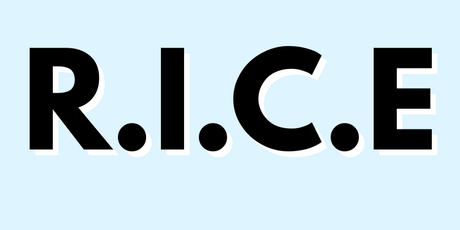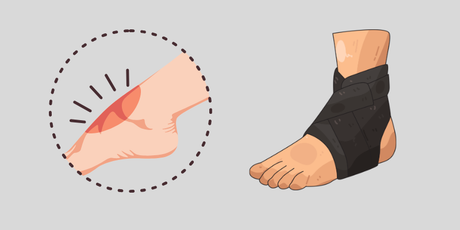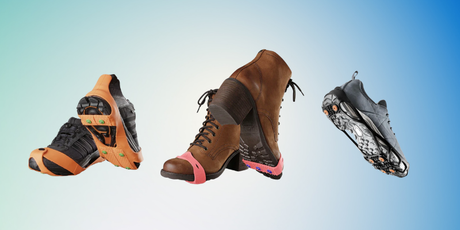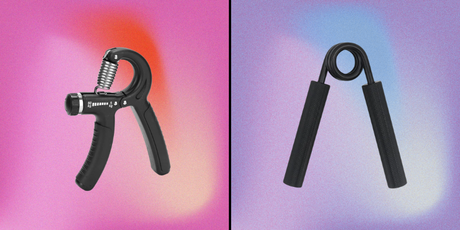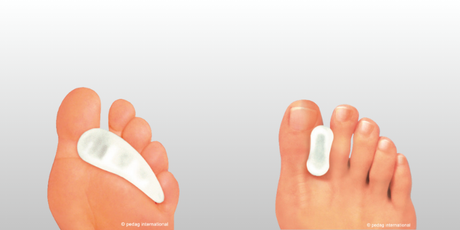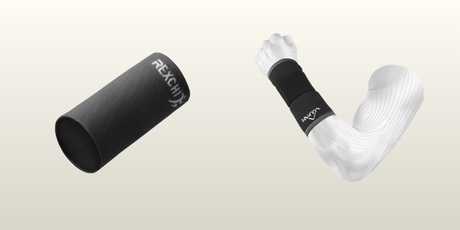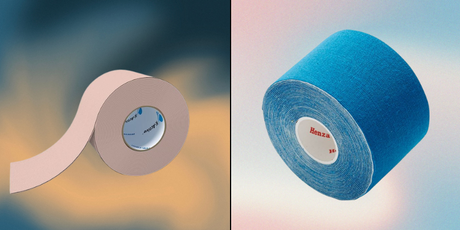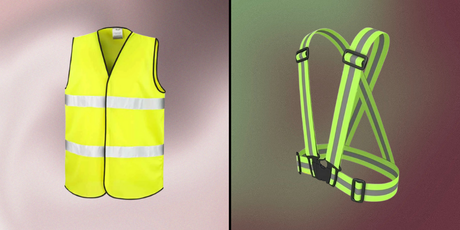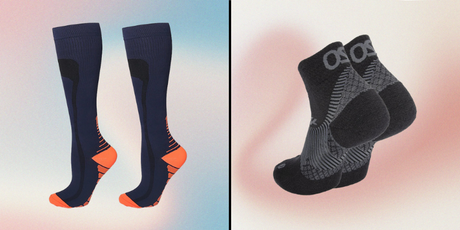Herniated disc

Pain from a herniated disc can come on quickly or develop over a long period of time. It is not entirely clear what causes herniated discs, but it is partly due to hereditary factors. However, there are patterns that show that certain lifestyles and habits increase the risk of herniated discs: smoking, heavy physical labour, heavy lifting and sitting still for long periods of time, such as in office work.
If you have a herniated disc, it can be very painful to walk and stand, but when the most acute pain has subsided, it is good to try to get moving. This will speed up the healing process. Try to exercise as much as possible to strengthen your leg and back muscles. Avoid strenuous movements such as bending and lifting. Try to find a good balance between movement and rest. You can get treatment from a chiropractor, naprapath or physiotherapist, who can also help you with an appropriate exercise programme.
You can also try using back supports, which help relieve pressure on the back in cases of diagnoses such as herniated discs, sciatica or spinal cord injury, but can also be a very good option even before you have problems. You get relief, increased stability and less back pain with a good backrest. They provide relief and warmth, which is usually good for your back.


